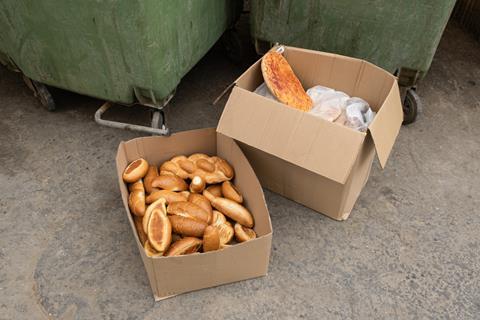
The government has scrapped its plans to make reporting on food waste mandatory for large companies in England, despite significant public support for the proposal.
Citing sensitivity to the overall burden of regulation on businesses, the government said it was seeking to avoid measures that would drive inflation while cost of living challenges remain an issue for many consumers.
“A regulatory approach is not suitable at this time, especially when any additional costs may be passed on to consumers”, stated the government, while noting it would instead be looking to improve voluntary reporting by food businesses.
The decision came despite 80% of the nearly 4,000 responses from businesses and individuals to an official consultation indicating that they thought food waste reporting should be compulsory for large companies.
The consultation, which was launched in June 2022, presented three options for an approach to food waste reporting. Option one was to set out an enhanced voluntary agreement, option two was mandatory reporting, while option three was to do nothing and maintain current measures.
While acknowledging the results in an executive summary last week, the government noted that only 39% of respondents identified as large businesses. This, it said, means the majority would not be directly impacted by the regulatory policy.
An impact assessment published last year by the Department for Environment, Food and Rural Affairs gave an estimate of £5.3m for the total average annual reporting costs to business. Total costs across the 12-year appraisal period were estimated to be around five times more for option two than option one.
The government revealed that the voluntary approach to food waste reporting had been broadly successful to date with almost half of large food businesses in England measuring and reporting voluntarily in 2022.
Wrap’s Food Waste Reduction Roadmap Progress Report 2021 revealed that 140 businesses with year-on-year data made a 17% overall reduction in food waste in 2021, worth £365 million, and reported increased efficiency with a 13-15% reduction in waste per tonne of food handled.
However, the consultation discovered that the number of businesses voluntarily reporting food waste had since stalled and was expected to plateau. The government said the voluntary approach would remain in place until at least mid-2025, at which point a review will be undertaken.
From the waste down
Reducing food waste should be one of the three key areas of sustainability for supply chain operators in the baking sector, according to Délifrance global CSR director Nathalie Genebes.
Large scale bakery manufacturers appear keen to include initiatives to address food waste issues as part of their sustainability achievements and goals. For example, Bakkavor recently reported that food waste levels across its group were down 15.8% year-on-year after implementing a dedicated taskforce, and Premier Foods reported a 11% drop in food waste.
Meanwhile, food waste redistribution charity FareShare launched an urgent appeal for food industry partners including bakeries to help support local organisations facing unprecedented demand.




















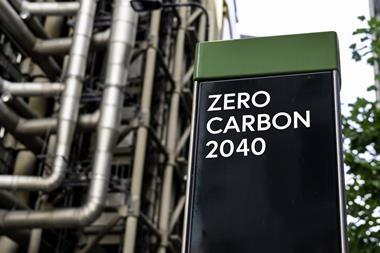
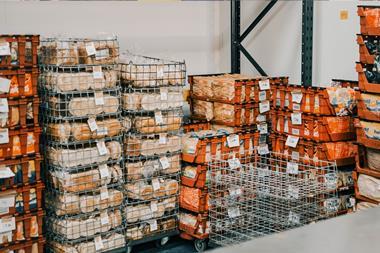
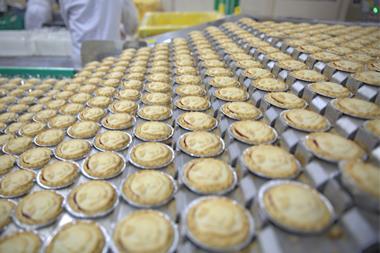

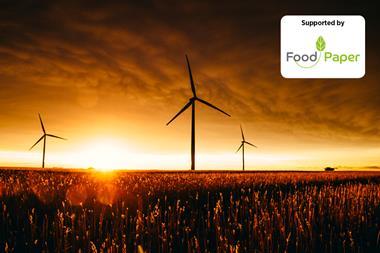


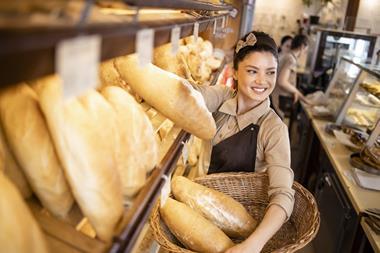
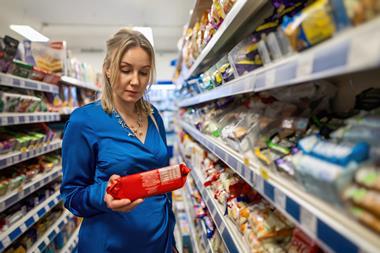



No comments yet